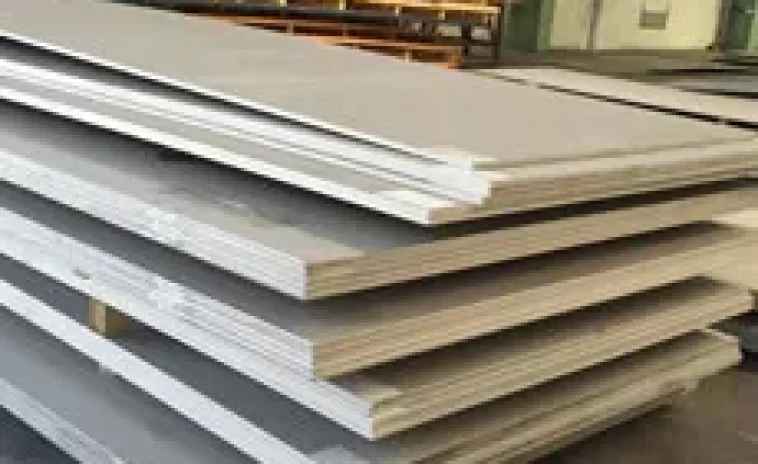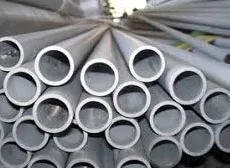The Complete Guide to Alloy Steel Pipe Grades

Alloy Steel Pipe serves an important function in the vast industry of industrial materials. These pipes are strong and long lasting and may be used to in a variety of situations and conditions. Many industries like constructions, oil and gas, power generating industries etc use them frequently. Thus choosing the correct grade of alloy steel pipe is not very easy. Parts of grade material have specific characteristics that make it suitable for particular purposes.
What Are Alloy Steel Pipes?
These types of pipes are produced by addition of certain elements to silicon such as chromium, molybdenum or nickle among others. The combination enhances the characteristics of the steel used. It has improved its tensile strength, has increased its corrosion resistance levels and enhanced its high temperature performance.
These pipes are usually used where high pressure is required. They are particularly suitable for use in pipelines, boilers and in heat exchanger equipments in particular. Alloy steel pipes are more trustworthy than the other materials in strenuous conditions. They are more favored than carbon steel or stainless steel for various reasons by most industries that use them.
Why Are Grades Important?
The grade of an Alloy Steel Pipe defines the chemical make up and behavior of the pipe. They have been developed to suit certain grade levels and these are seen in the way that they have been provided on the screen above. For instance, some of the grades are especially suitable to work in high temperature, while other grades are ideal in conditions that are corrosive to most materials.
There are common grades such as P5, P11, P91, that are utilized in power plant and some refinery applications. These grades guarantee that operations are safe and can also be operated optimally. Learning what grade is right for your project can be helpful in saving you lots of time and money. It also can act to stop mistakes that may possibly take place if wrong material is used.
Standard Group and Their Uses
All the grades of the alloy steel pipes are unique in their properties. For instance, P9 and P22 are good for use in high pressure circumstances. It is mainly experienced in oil and gas pipelines. On the hand, P91 is highly used in power generation because of its excellent mechanical properties in heat service environments.
For general industries, lower lubes such as P1 and P5 are the most economic. As such, they are ideal for application where high strength is not necessary. The ability to identify project requirement ensures that one selects the most suitable grade. It is always wise to consult your API 5L Pipe suppliers and manufacturers for advice on the above.
Conclusion
Of uttermost importance is to ensure one fully understands the different Alloy Steel Pipe grades obtainable in the market. It is essential in many industries, and each grade of pipe brings some different values to the table. Selecting the right grade means value, freedom from risk and longevity within your projects.
At Aesteiron we deal with a variety of MATERIALS*; From alloy steel pipes, stainless steel tubes and other products to stainless steel sheet suppliers and more, we offer you total solutions. Let us give you the best products and reliable advice. That means we can help you make the right choices for your business, get in touch today.





